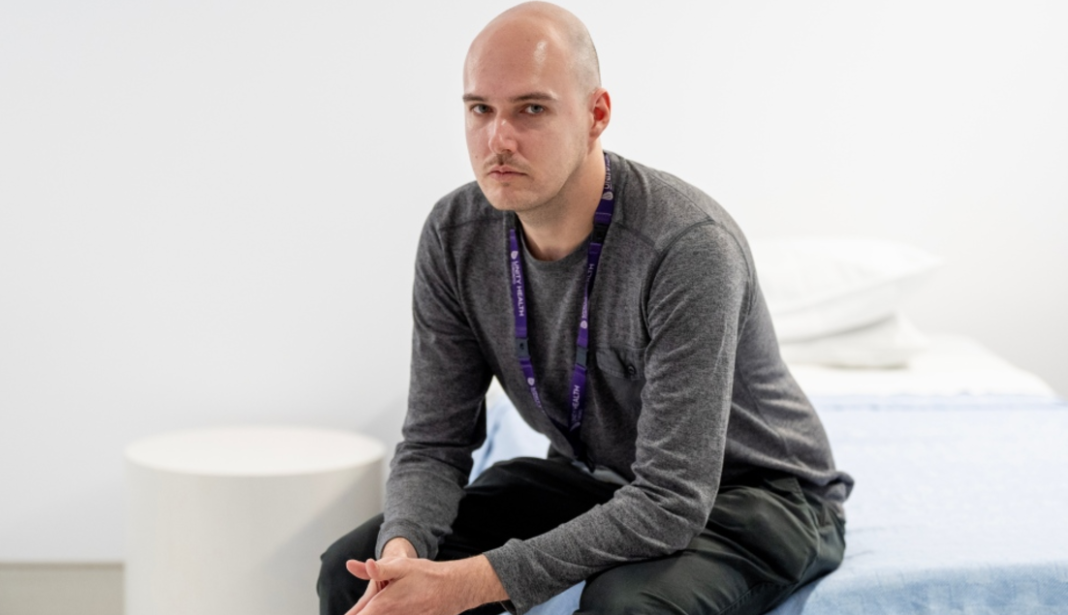Toronto, ON – In downtown Toronto, a newly opened 36-bed drug withdrawal centre is providing a fresh sense of hope to individuals struggling with addiction, particularly those experiencing homelessness. Operated by Unity Health Toronto and funded by the Ministry of Health, the facility emphasizes dignity, optimism, and holistic care in addressing substance use disorders.
The centre features private and shared accommodations, freshly prepared meals, laundry facilities, and welcoming lounges. Round-the-clock support is provided by addictions counselors and nurses, while group and individual therapy sessions aim to empower clients on their recovery journey.
Joshua Orson, a peer support worker at the facility, reflects on his experience as a former client of the service’s previous iteration. “This space offers dignity and hope,” he said. “It represents what you can become, rather than where you are.”
Addressing a Growing Crisis
The demand for such facilities underscores the severe shortage of detox beds across Ontario. Unity Health Toronto operates two additional centres, which, like the new facility, remain consistently full.
Dr. Irfan Dhalla, vice-president of clinical programs at Unity Health, explained that while the new facility is designed for short-term stays, day programs provide ongoing support for clients. Despite these services, Dhalla noted the broader need for stable housing to ensure sustained recovery.
Ontario’s opioid crisis continues to claim lives at an alarming rate. In 2023 alone, nearly 2,600 people in the province died from drug toxicity, with fentanyl implicated in the vast majority of cases. This represents a 50% increase in deaths since 2019.
A Shift in Strategy
In response, the provincial government has announced plans to establish 19 new “Homelessness and Addiction Recovery Treatment” hubs and create 375 supportive housing units, investing $378 million in the effort. However, the move has been controversial, as it coincides with the closure of 10 supervised consumption sites, including five in Toronto.
Critics argue the closures could leave vulnerable populations without critical harm-reduction services. The decision followed a fatal shooting near a Toronto consumption site, further fueling debates over safety and proximity to community spaces.
The Human Element
For Orson, recovery was an arduous path marked by early substance use, mental health struggles, and hospital visits. Referred to detox through a case manager, he found the process emotionally taxing but transformative.
Today, he credits his role as a peer support worker with helping him maintain sobriety. “When you help others, you help yourself. This space gives people hope and a way out of the darkness,” he said.
The centre’s design and care model aim to reflect compassion and humanity, according to Dr. Dhalla. “Physical spaces convey care and love,” he said. “But I would feel better if people leaving here had homes to go to.”
As the opioid crisis continues to challenge communities, facilities like this withdrawal centre offer a much-needed lifeline, underscoring the critical link between compassionate care and long-term recovery.

